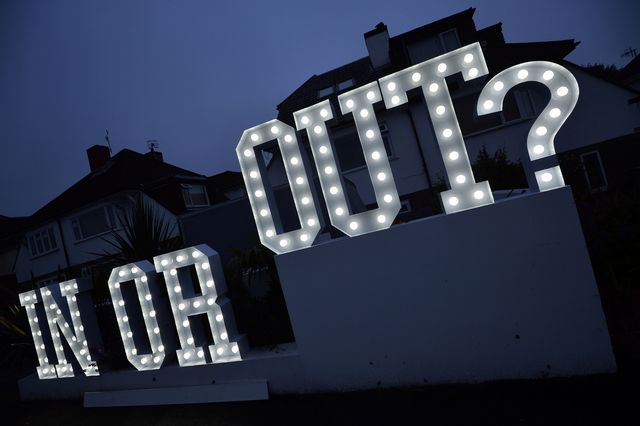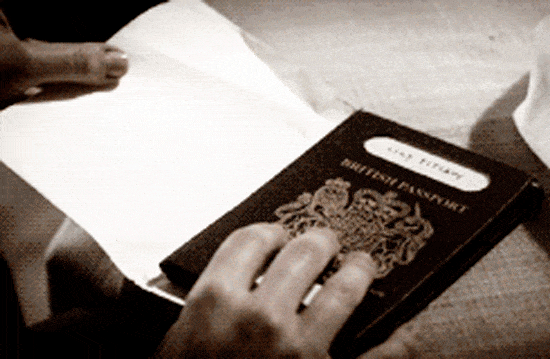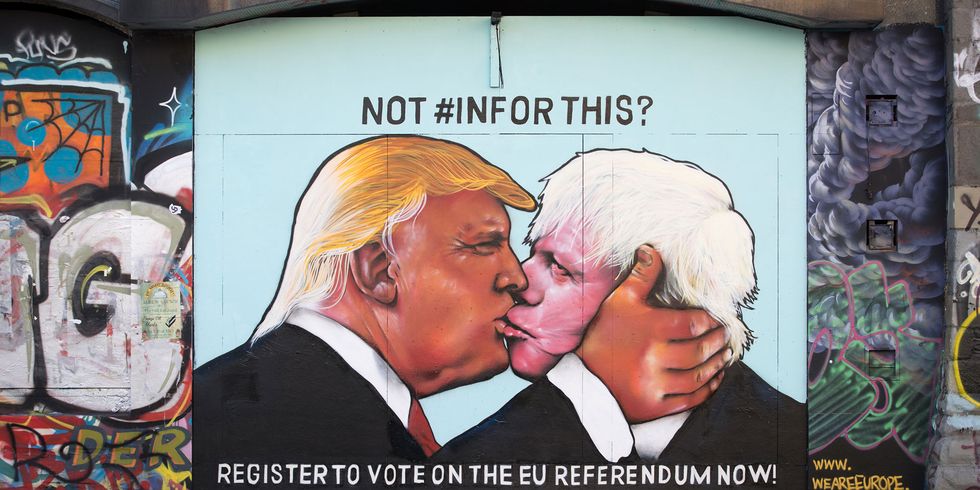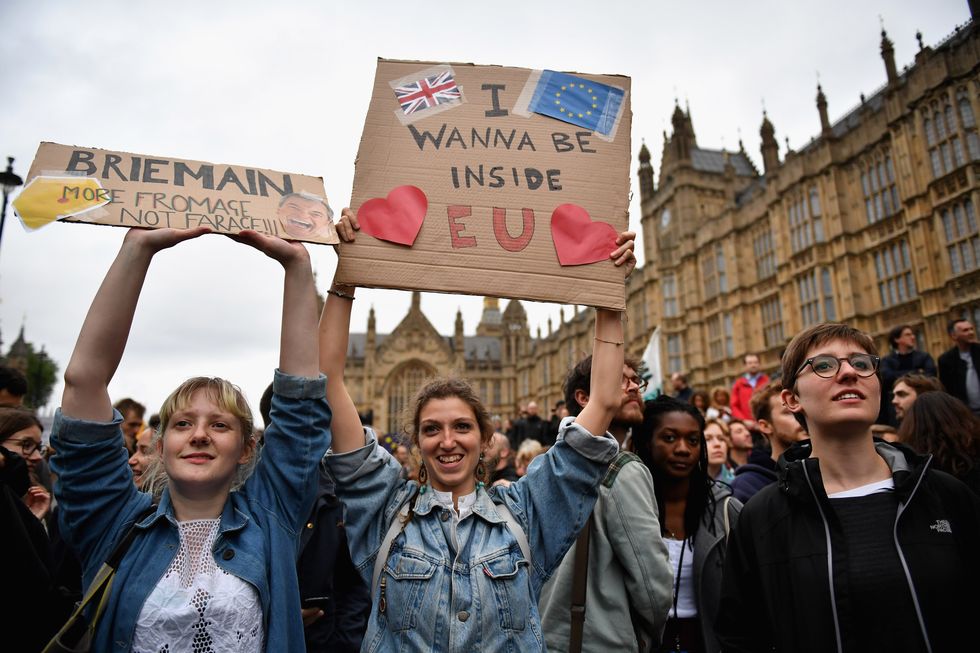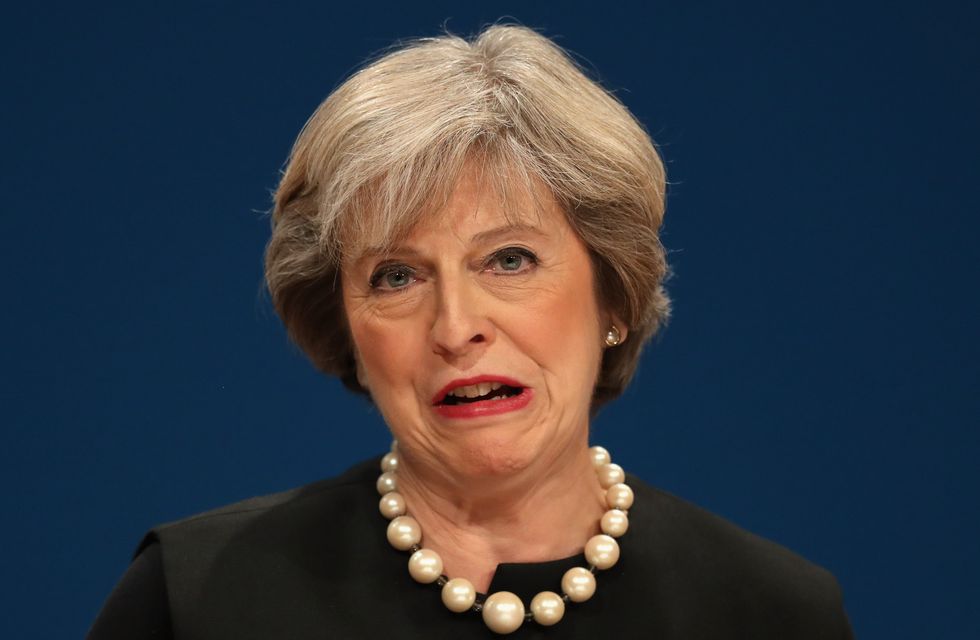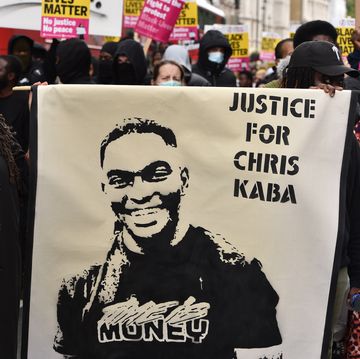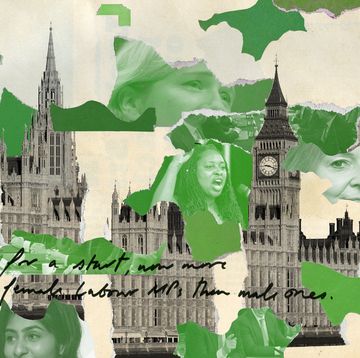It has been over sixth months since the UK voted to leave the European Union, and in that time there have been many developments, but the emergence of a clear government strategy is not among them. Mrs May has doubtless been busy, and has admitted to sleepless nights over Brexit, but the insomnia appears to have produced little more than vacuous slogans, from 'Brexit means Brexit,' to wanting a 'red, white and blue Brexit.'
One thing that has been clear about the governments negotiations, is that, just like us, they don't have a clue what they're doing. It is a bit like watching someone attempt to get their car out of a muddy ditch that their other half got them stuck into. It is perfectly obvious that the car can't get out of the ditch without lots of help, but they insist in their constipated looking faces that this time the accelerator will do it.
One might have thought that entering 2017 we'd know how Brexit was to take place in the new year, there are many unknowns still, but here are some key developments to take note of:
1. Brexit has lost its key negotiator.
Ivan Rogers, ambassador to the EU in Brussels since 2013, resigned prematurely from his post, due to end at the end of 2017, this week. In a lengthy email sent to his colleagues, Rogers explained that he would rather handover the responsibilities to someone who would be able to commit to the negotiations, which he has warned could take up to ten years. Rogers also implied that even he is unaware of May's plan. "I hope," he wrote to the civil servants he is leaving behind at the Foreign Office, "you will continue to challenge ill-founded arguments and muddled thinking and that you will never be afraid to speak the truth to those in power."
Rogers' accounts display how little communication and leadership there is coming from May's government. His descriptions of the arguments being ill-founded, and the waters muddy, have worried many Bremainers who had feared that this had been so.
2. Brexit may prevent Frexit.
Much like its neighbouring countries, France has experienced an increase in right-wing populism in recent years. The person whose voice this has strengthened the most has been Marine Len Pen, leader of the far right party, Le Front National. Le Pen is, perhaps unsurprisingly, second in the polls for France's upcoming election.
Le Pen has, on various counts in the past, insisted that if she gained power in France, the first thing she would do is call a referendum on leaving the EU because of the powers it takes away from France. However, in a recent interview with French radio RMC, Le Pen now claims that if she won, she would not wish to hold a referendum on leaving the EU, rather focus on France gaining more sovereignty from it, from within.
The cause for Le Pen's sharp U-turn on Frexit is somewhat surprising. This decision must have been influenced by the UK's attempt to begin negotiations, as it hasn't been a secret that the government is struggling to even decide what they want to achieve, let alone begun to execute that.
3. Ireland
The number of people who have applied for an Irish passport since the EU referendum has increased by 42%. Ireland's rules on gaining citizenship are amongst the most lax in the EU, one only needing a parent of Grandparent who had Irish citizenship at their time of birth.
4. Post-truth
Although post-truth has been a term which has existed for at least a decade, in 2016 it became much more relevant. Since the EU referendum, and the US elections, it is fair to say we are in an era of post-truth. The man who led the Brexit Lie Machine (£350million towards the NHS, Turkey entering the EU, etc) is now Foreign secretary. Similarly, Trump lied throughout his campaign, people knew he had lied, and yet they still elected him. We are in a team where the truth is less important to the populate. The Oxford dictionary chose post-truth as the word of 2016 because it has seen a huge spike in frequency in the last few months.
It is difficult to conclude on a political event that has no end point, and no means of travel. Some of the most extreme warnings about the economic calamity that would follow a Leave vote have not happened, which suggests not all of our fears will come true. On the other hand, the value of the pound has fallen, inflation is predicted at large, and this is before article 50 has even been triggered.
Sometime soon, Theresa May is going to have to give us more than just 'Brexit means Brexit,' as it is our futures she is covering up with these ambiguous phrases
Brexitionary: Some useful Brexit lingo that will be useful to know this year:
Bremoaners: A person who is unhappy with the UK's exit from the EU.
Bremainers: A slightly more flattering version of the above word, a person who wishes to 'bremain.'
Brenial: My personal fave. Nick Clegg introduced this word on the Andrew Marr show. Brenial is a noun to describe the feeling a leave voter has when they do not admit the difficulties we are going to face in our exit.
Brextremists: Leave campaigners who refuse to accept that there is any downside to a hard Brexit.
